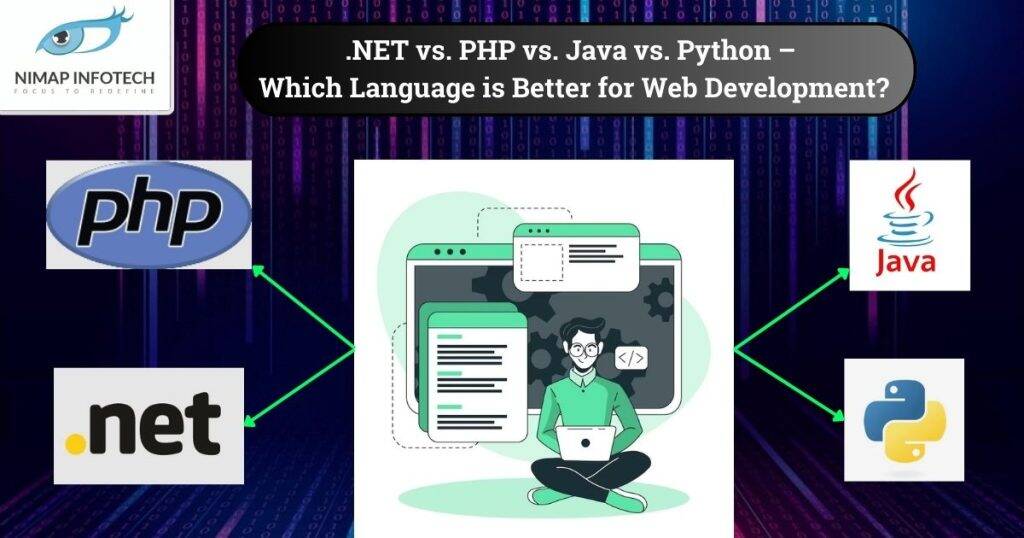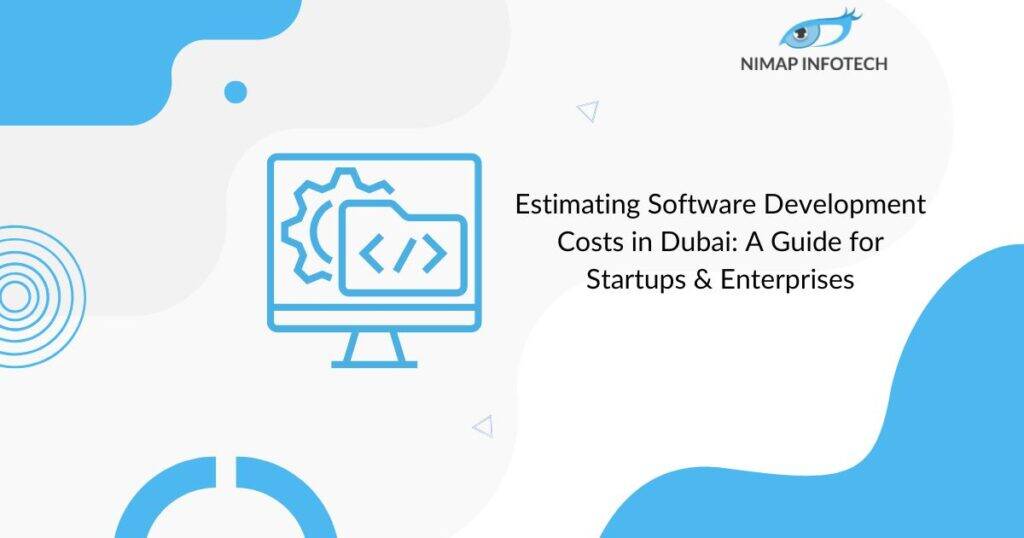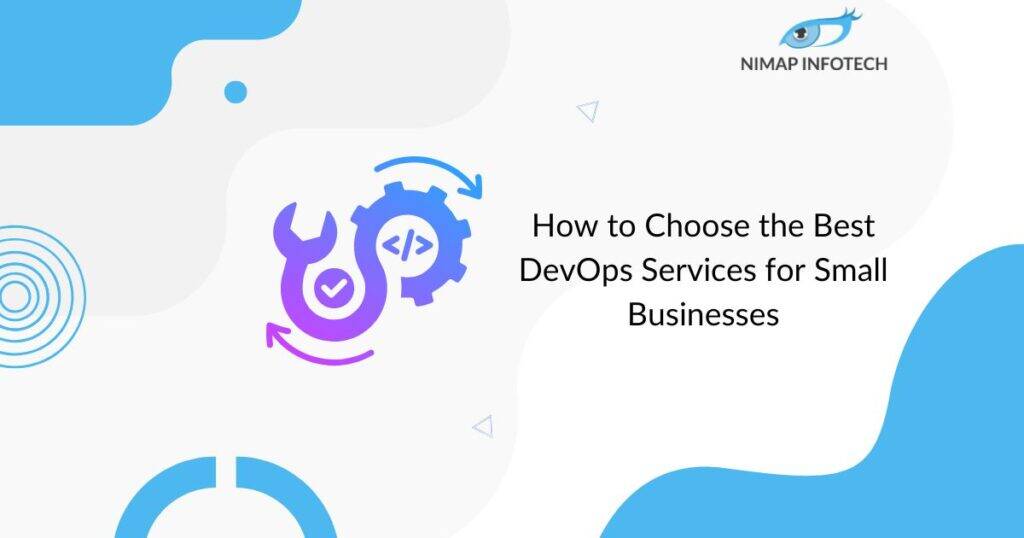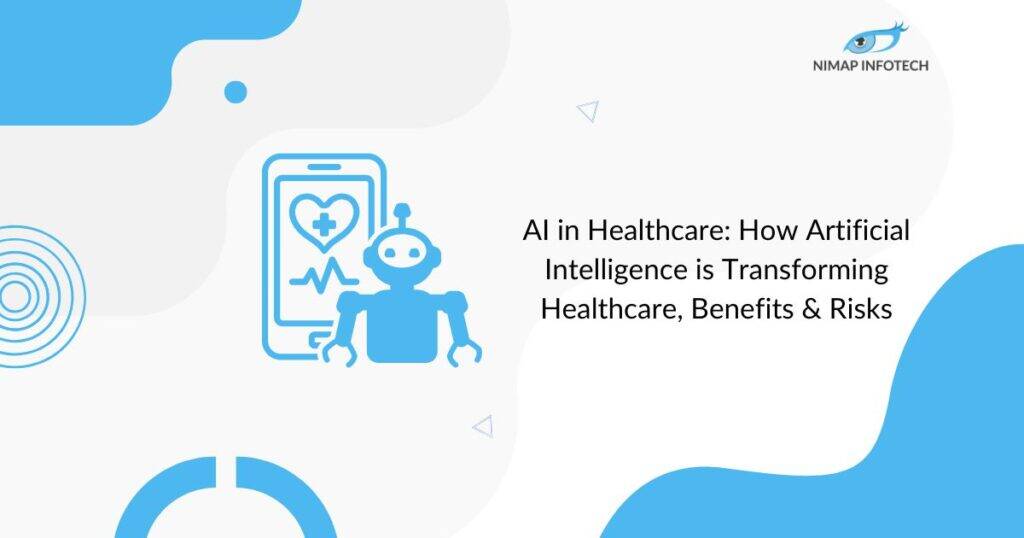New languages and technologies introduce changes to web development quickly daily. In the realm of web development, a handful of tried-and-true languages have stood the test of time. This Blog Helps to Choose the Right Web Development Language: .NET vs. PHP vs. Java vs. Python. Of Java, Python, .NET, and PHP, websites typically use PHP. Which front-end or back-end language is better for web development? PHP could not always be the best choice for web development projects.
There will be trouble in deciding which programming language will be right for website creation. The most widely used frontend and backend languages are .NET, PHP, Java, and Python. Selecting the right front-end and back-end programming languages can be a challenging task when creating a website. This blog post will provide you with a complete guide about which will be the right programming language .NET vs. PHP vs. Java vs. Python as per your requirements.
Table of Contents
ToggleComparison between .Net, PHP, Java and Python –
1) PHP
PHP is essentially a server-side web development programming language that operates on the web server, which is the software that distributes applications to users all over the world. Roughly 30–40% of websites globally host this very compatible language. The primary goal of this software’s architecture is to produce reliable, dynamic web applications on a global scale. Being open-source software, PHP can seamlessly interface with any database. One can turn this into HTML code without the need for a separate IDE. As PHP is an open-source language, programmers can use custom PHP development services to lower the cost of their projects.
Pros of PHP –
Scalability:
- With its excellent scalability, PHP stands out as an ideal framework for complex web application development.
Open-source:
- As an open-source language, PHP allows organizations to easily customize it to meet their corporate requirements, and it comes with the added benefit of being free to use.
Easy to Learn:
- PHP is an excellent choice for beginners due to its easy-to-understand nature.
Performance:
- Due to its rapid performance, PHP sees widespread use, making it suitable for a myriad of applications.
Community Support:
- PHP’s strong and dynamic developer community promotes solving issues and support for developers, which means playing a vital role in the language’s continuous advancement. Through a larger community, it is easy to hire PHP developers.
Cons of PHP –
Security:
- Considering its history of security issues, including SQL injection, cross-site scripting, CSRF, and others, developers may have concerns about PHP.
Lack of Standardization:
- PHP lacks standards like PSR, OWASP, W3C, RFC, ISO, etc. that guarantee code quality, maintainability, and security, which may make it difficult for developers to create portable code.
Read More: Nodejs vs PHP: Which is best for Backend Development
2) Java
Java is an object-oriented programming language that is helpful when building mobile and web applications customised for the Android platform. The Java Virtual Machine compiles its code into bytecode, differing from PHP, an interpreted language. The language invented the Write Once, Run Anywhere (WORA) idea (sometimes known as Write Once, Run Everywhere, or WORE). This idea refers to Java’s inherent capability to operate on any platform that has the Java Virtual Machine (JVM) installed.
Pros of Java –
Performance:
- Java performs well, which makes it appropriate for websites and applications that see a lot of traffic.
Community Support:
- Java’s developer community and contributor network not only contribute to the language’s development but also provide valuable guidance and problem-solving assistance.
- Hire Java developers as per the project requirements.
Platform-independent:
- Java, being a platform-independent language, can operate seamlessly on any operating system.
Scalability:
- Java’s outstanding scalability serves as an excellent choice for creating complex web applications.
Cons of Java –
Memory Management:
- Java’s higher memory requirements may pose significant challenges for web apps with limited resources.
Slow Startup Time:
- Java’s slower startup can impact web application performance as a whole.
- In comparison with other languages used for programming, Java takes longer to start up.
Read More: .Net vs Java
3) Python
Python is a high-level programming language that was first introduced in 1991. Developers widely use this language for web development, data analysis, artificial intelligence, and machine learning. Python’s popular readability and simplicity make it a highly recommended choice by developers. Python makes use of many modules and frameworks, including Django, Flask, Pyramid, and Bottle, to make the process of creating online applications easy, quick, and efficient. Some popular frameworks for Python development services are Flask, Django, Pyramid, and Bottle.
Pros of Python –
Quick Development:
- Python’s vast array of tools and frameworks makes it easy to quickly develop web applications.
Scalability:
- With its high scalability, Python proves to be an excellent choice for the development of complex web applications.
Data Analysis:
- Python’s widespread use in data analysis makes it an excellent tool for building web apps driven by data.
Community Support:
- The sizeable and lively Python developer community actively aids in the development of Python.
- Working with Python developers facilitates faster problem-solving and allows for prompt assistance requests.
Cons of Python –
Performance:
- For applications requiring a lot of calculation, Python’s performance might not be as good as those of other programming languages.
Global Interpreter Lock:
- Performance problems with numerous threads may arise from Python’s global interpreter lock, or GIL.
Weakness in Mobile Computing:
- Developing mobile applications is not a strong suit for Python.
Read More: Java Vs Python: Know Which One to Choose in 2023
4) .NET for Web Development
The .NET framework, created by Microsoft, provides a stable programming architecture for creating applications. The library contains prewritten code and tools for tracking the development process. Programmers may create scalable, quick, and easy-to-update apps using. NET. .NET is a versatile web development platform that supports various programming languages like C#, F#, and Visual Basic, making it ideal for creating secure internet applications.
Pros of .NET –
Strong Framework:
- Programmers may write web applications more easily and rapidly with the solid basis that .NET provides.
Scalability:
- Given its scalability, .NET stands out as an excellent option for the development of complex web applications.
Security:
- With several built-in security features, .NET is a great framework for developing secure web applications.
Community Support:
- The large and active .NET developer community actively contributes to the development of the framework.
- As a result, it is easier to hire .NET developers to address problems and ask for help when needed.
Cons of .NET –
Limited Portability:
- Originally developed with a primary focus on Windows-based personal computers (PCs), .NET emerged as a versatile framework. This meant that it might not be as portable as various other languages of programming.
Read More: PHP vs Python: Choosing the Right Language for Web Development
Optimize your web development career by selecting the most suitable language among .NET, PHP, Java, and Python. This choice ensures the creation of highly adaptable and dynamic digital experiences, propelling your skills and expertise to new heights. Adopting a variety of web programming languages, frameworks, and databases is crucial for large-scale projects, as it allows for diverse goals and reduces challenges in sourcing developers. Developers should have proficiency in multiple web application development languages, and clients should seek web development firms with diverse skill sets. You can contact web programmers with proficiency in a variety of conventional and contemporary web development languages.
Author
-

With 14+ years in IT and entrepreneurship, I co-founded Nimap Infotech, a digital transformation company that has delivered 1200+ projects and built a team of 400+ engineers. I’ve also led mobile development teams at Accenture India and IBM Apple Garage and developed a network of 7k+ iOS and Android developers. As an Angel Investor, tech advisor, and mentor, I actively engage with the startup ecosystem.
View all posts








